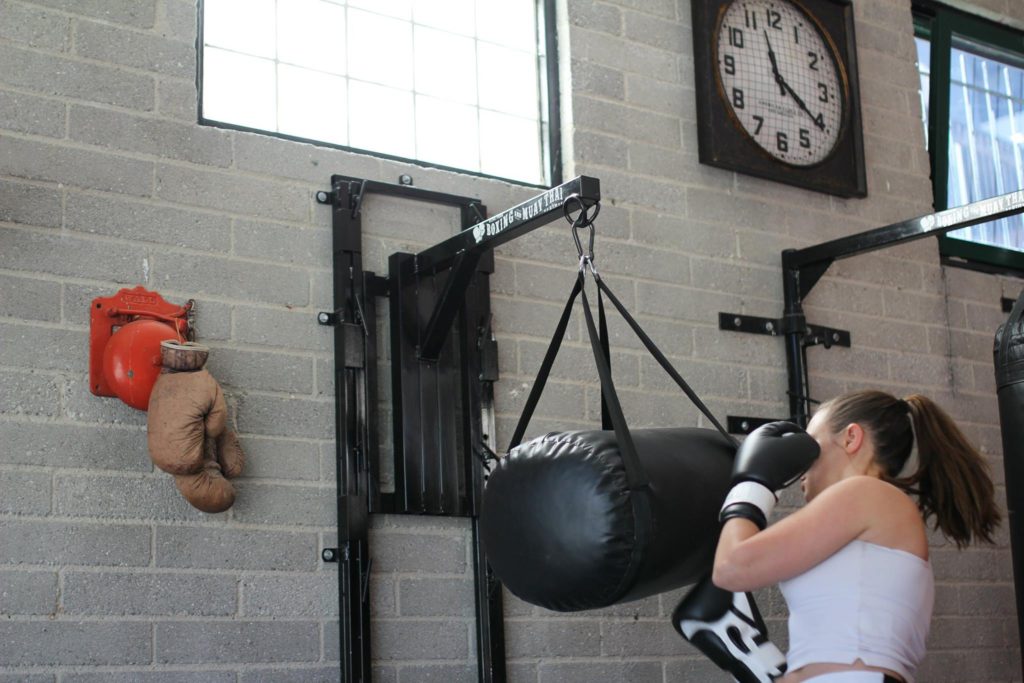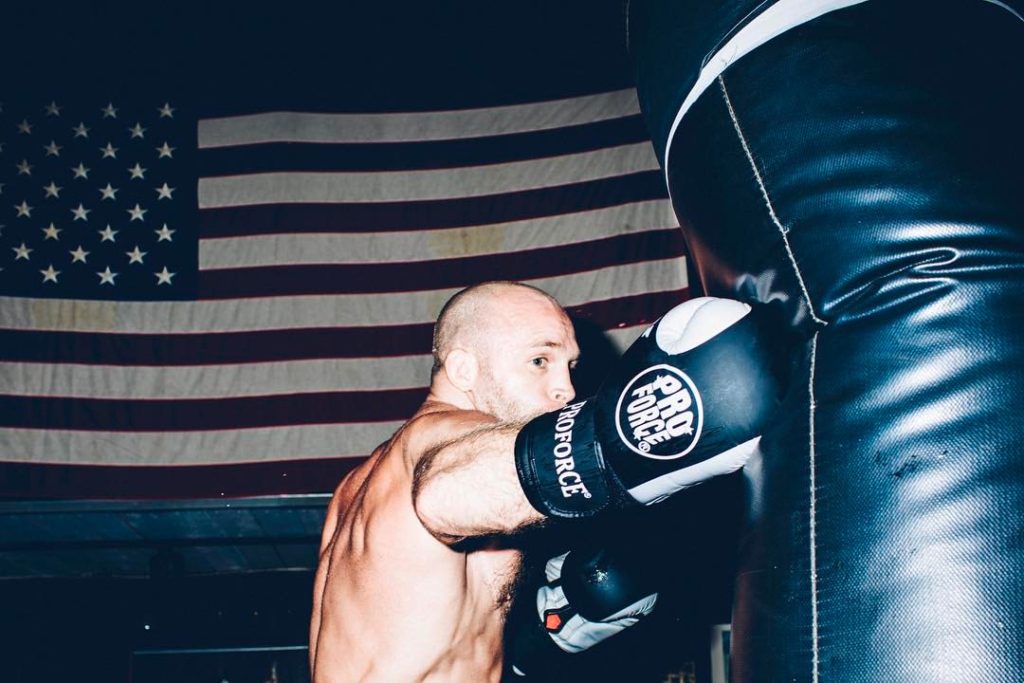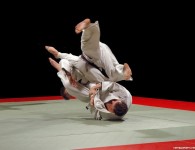So you’ve joined a new gym. You take a look at the schedule and the facilities and you want to try every class, do rounds on all of the punching bags, and lift every weight. But there are only so many hours in the day, and only so many sets and rounds your body can handle at one time.
Or maybe you’ve been at your gym for a while but you haven’t quite figured out how to reconcile your enthusiasm with the demands of your daily life.
Or maybe you care about your training, but you also have other passions, and you’d like to find a way to stay strong and dedicated to your gym time without having to sacrifice the other things that also keep you inspired and fulfilled.
Whatever the circumstances, most of us probably have some need to maximize our workouts. Unless you’re a full-time professional athlete, chances are that the amount of time that you can dedicate to your training is at least a little limited. Between school, work, family, and community, most of us don’t have the hours in the day or the physical and mental energy it requires to do as many classes and as much sparring, practice, and cross-training as we’d like.
So what can we do to make the most of the time, energy, resources, and access to instructors, weights, and punching bags that we do have? Here are five tips to get us on track.
1. Plan ahead.
If your martial arts gym also has strength and conditioning equipment like weights and punching bags, you’ve probably found yourself in this situation at least once: You’re feeling pumped after finishing class and have some free time left over. So you decide to burn that excess energy with a little extra training, head to the weights or punching bags and find yourself randomly doing whatever exercises come into your head.
If you want to expand your training beyond your regular class and sparring routine and take advantage of all of your gym’s facilities, the best thing to do is come up with a workout routine that fits into your schedule and stick to it. Maybe it’s ten minutes of stretching and warm-ups before class. Maybe it’s a 20 minute weight circuit after. Whatever your style and needs, your extra training will work out a lot better if you have a solid idea of what it is that you want to accomplish before you get there.
2. Focus on what you love and what motivates you.
If martial arts is your living — or you have a specific competition goal in mind — you should obviously listen to your coaches on this point, and you probably will have to do some things that you don’t love at the gym to make sure you’re as prepared as possible for your next goal.
If you train for fitness or recreation, though, you can afford a little more flexibility. So select workouts, classes, and training bag rounds that you really love. If you are doing workouts and classes that you genuinely enjoy — and ones that inspire you to get to the gym at all — you’re far less likely to waste any time working up the motivation to start your training. And you’re more likely to give it your all and have a more effective session once you do start.
3. Find a training partner or a likeminded group.
Finding a likeminded person or likeminded people to train with will result in both better and more fun workouts. Not only will it give you someone who can do partner drills with you, spot your weight lifting, and hold the punching bag for certain boxing drills, you’ll also have a community that can help to keep your spirits up when you’re down, hold you accountable to your goals, and maybe even provide a little good natured rivalry. And you’ll look forward to your gym time even more when you know that you’ll be seeing friends there.
4. Celebrate your successes.
Have you achieved one your training goals? Won a fight or tournament? Reached a new personal best? Or even just finished a workout or had a round on the punching bags that felt great? Take a moment to reflect on this and give yourself credit for what you’ve accomplished. Then set and pursue your next goals. This memory will help keep you motivated and on target as you seek to feel that rush again when you achieve even more.
5. Learn from your mistakes.
No mistake or loss is ever really a failure in martial arts training as long as you learn from it. Did you lose in competition? Are you struggling to grasp a new technique? Did you have to leave class early because you were exhausted? Did the punching bag hit you harder than you hit it? None of these are things to be ashamed of. It happens to all of us at some point in our training journeys. The important part is taking time to reflect on what happened, what you learned from it, and what you can do better in the future. No minute of a less than perfect gym session is wasted as long as it helps you grow in the end.





















